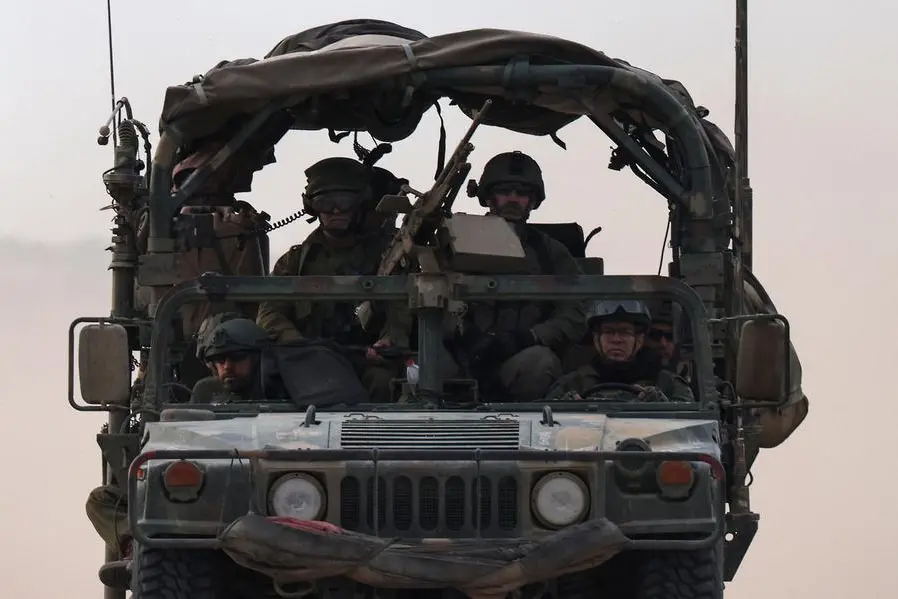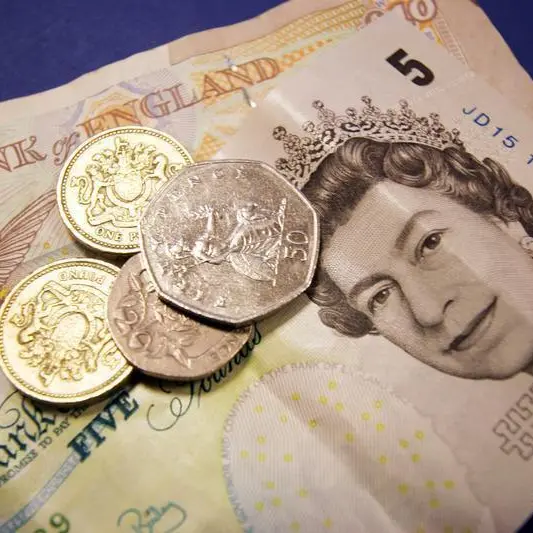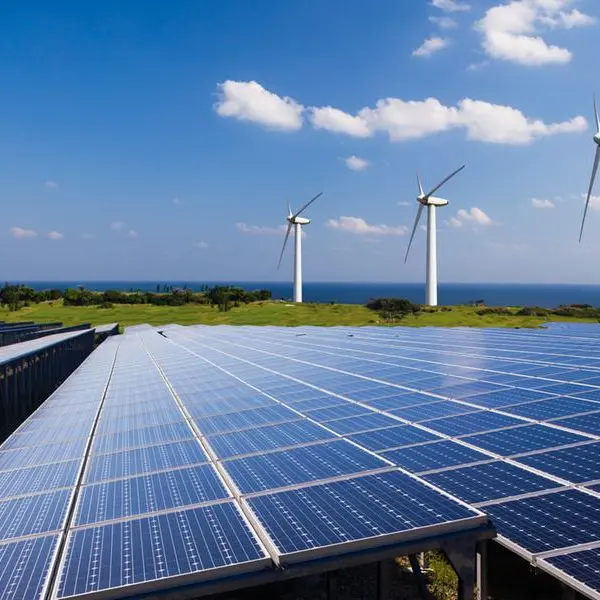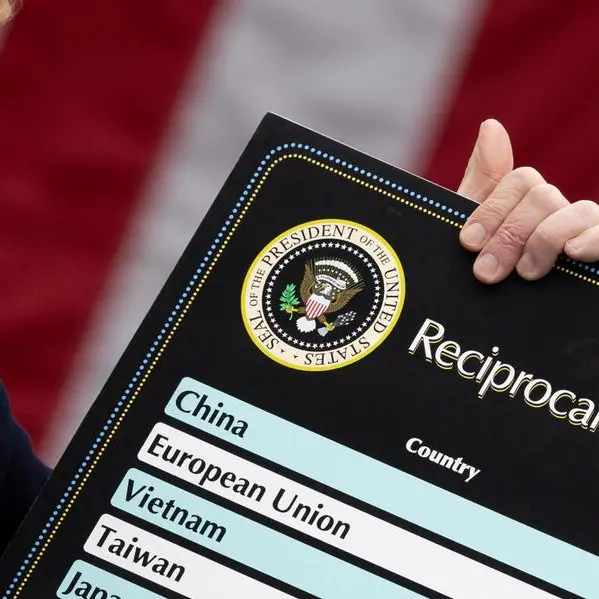PHOTO
The Israel-Hamas war, ongoing fighting in Ukraine and rising tensions in the Indo-Pacific and Africa herald "what is likely to be a more dangerous decade," a British military think-tank warned Tuesday.
The International Institute for Strategic Studies (IISS) said in its annual "Military Balance" report that the world has entered "a highly volatile security environment", which is set to endure.
"The current military-security situation heralds what is likely to be a more dangerous decade, characterised by the brazen application by some of military power to pursue claims," the report said.
It also noted "the desire among like-minded democracies for stronger bilateral and multilateral defence ties in response".
The "era of insecurity" is resetting the global defence-industrial landscape, with the US and Europe ramping up production of missiles and ammunition "after decades of underinvestment," the report added.
As the two-year anniversary of Russia's invasion of Ukraine looms, the London-based IISS reported that Moscow had lost around 3,000 battle tanks on the conflict, roughly the same number it had at the beginning of its operation.
The IISS said that Russia had been forced to trade "quality for quantity" in its efforts to replace tanks lost since it invaded its neighbour to the west in February 2022.
"Ukraine, so far, has been able to offset equipment losses through Western donations, upgrading quality in the process," added the think-tank in its yearly assessment of the militaries and defence economics of over 170 countries.
- NATO 'reinvigorated' -
Driven in part by NATO member states response to Russia's invasion, global military spending grew by 9 percent in 2022 to reach a record $2.2 trillion, it noted.
The report comes days after White House hopeful Donald Trump said he had previously told an unspecified NATO member's leader that he would "encourage" Russia to "to do whatever the hell they want" in that country if it had not met its NATO financial obligations.
"You got to pay. You got to pay your bills," Trump recounted at a campaign rally in South Carolina Saturday.
Only 10 members of the Western-led security alliance met the group's target of spending two percent of GDP on defence, although 19 of them increased spending last year, according to IISS figures.
"Russia's actions have reinvigorated NATO, with Finland completing its rapid alliance accession process in April 2023," the report noted.
"Russia's border with NATO members is now more than 1,300 kilometres longer."
Elsewhere, the annual report said that Iran's supply of missiles to Huthi rebels in Yemen and drones to Russia highlighted Tehran's growing influence in conflict zones.
China had also demonstrated "increased power-projection capacity", it added.
"The IISS Military Balance study is published at an important time when the rules-based order is being increasingly questioned," said Bastian Giegerich, its chief executive.
"While Western defence spending is rising and plans to revamp equipment are ongoing, we reflect on the challenges including those set by Russia's ongoing invasion of Ukraine, China's military modernisation and events in the Middle East," he added.





















